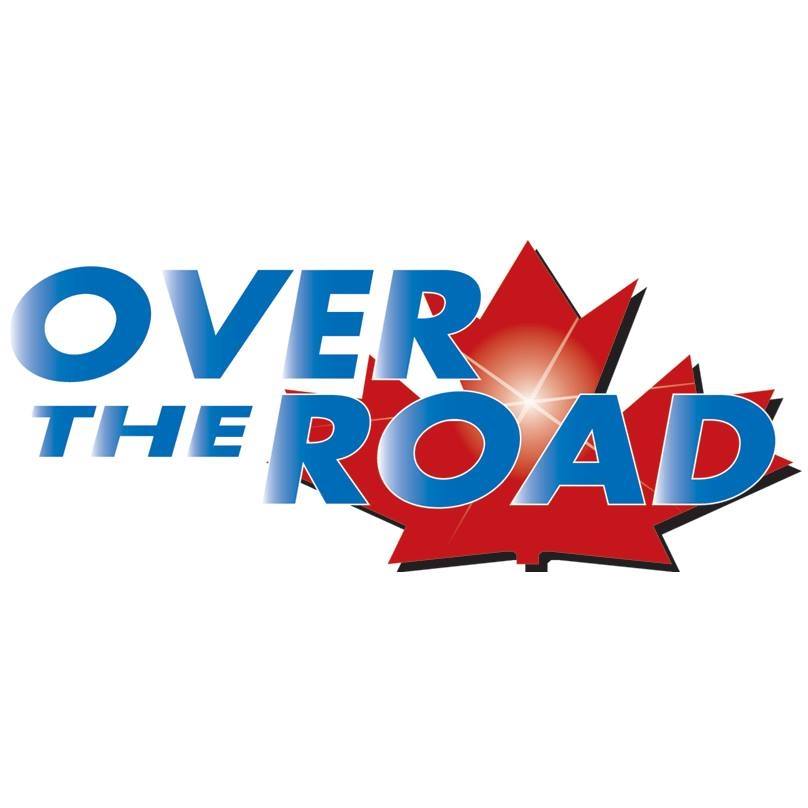The Best Way To Pay Taxes, or NOT Pay Taxes

I’ve been in the accounting industry for over thirty years (I started at age four… ROFL) and have over twenty of those exclusively in trucking. During that time I’ve seen many people try to not pay ANY taxes. The key word is TRY. There are two ways to “not pay any taxes”, the legal way and the illegal way. I have never personally seen any citizen who chooses the illegal way build retirement wealth, even if they are never audited and CRA accepts their returns as filed. Corner cutters eventually end up on someone else’s corner and themselves get cut. Their losses usually outnumber their unpaid taxes in multiples.
Those “natural person… capital letters on drivers license” people hardly come out of the twilight zone long enough to maintain a logical conversation. I won’t dignify their approach with a reply.
The legal way to guarantee not paying taxes is not making money (specifically taxable income). Mathematically speaking those operators who comprise the bottom 0-40% of earners have the highest probability of snubbing CRA. However, if you are in the top 60-100% of operators in Canada you almost certainly will pay. There are several exceptions to this rule such as: purchasing high amounts of RRSP’s, contributing high amounts to charity, or having a high amount of personal exemptions (ie. Children, disabilities etc.). All of which have distinct disadvantages. RRSP’s just defer taxes till retirement, charity requires giving away something of value, and high levels of personal exemptions have extenuating circumstances (responsibility/inconvenience/hardship).
Too often people defer to their accountant to find a silver bullet, a magic exemption that solves all their tax demands no matter how much money they make. Quite frankly this is usually not legally possible. However, operators who earn in the low-middle range of between 0-60% and utilize the per-diem system (non-taxable benefits) can greatly reduce or in some cases almost eliminate their taxes. For instance: driving super single or even team (husband/wife) can dramatically drop/eliminate taxable income. The key, however, is the proper and legal application of the per-diem system and living with the changes needed to navigate its seven disadvantages.
Let’s look at some stats. The average Canadian truck driver has taxable income of $50-55,000 per year and pays taxes between $12-18,000 (cpp included).
The average operator only saves $10,095 (2011) using the per-diem system. It’s nothing to be ashamed of but it still requires a $1,905.00 check to be issued. Using national averages, it will never be a silver bullet. However, if you can handle the disadvantages it’s a perfectly honorable option for tax savings.
If you meet another operator who you know: earns in the top 60%, does not use the per-diem system, doesn’t buy RRSP’s and yet does not pay taxes… throw up a red flag in your mind. Back away slowly so as not to attract attention and protect yourself from their inevitable shrapnel. There is no accountant “smart enough” to eliminate the average trucker’s obligation. If they insist they never pay, either the operator is lying to you, or lying to Revenue Canada (through their bookkeeper).
Watch what they say, find out what they actually MEAN by not paying taxes. Some operators use their GST returns to pay their income taxes and then say “they never pay taxes”.
Just remember, not EVER paying ANY taxes is usually a sign of either poverty or deception.
